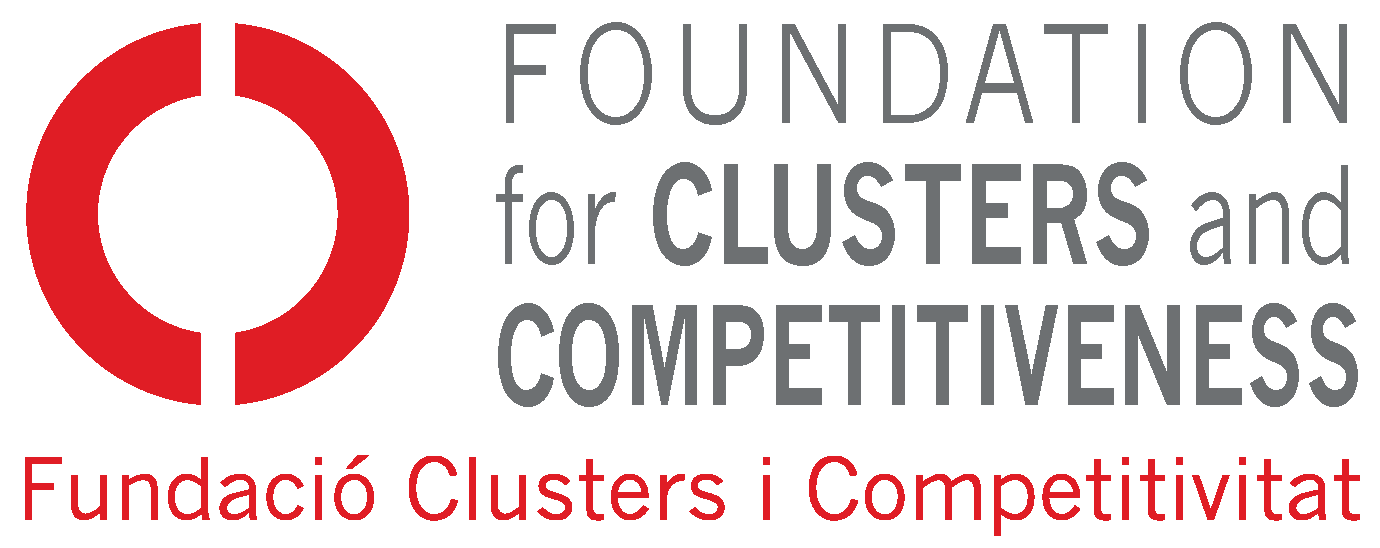EFCE gets recognition and distinction at Cluster World Congress, Dabrowa Gornicza, Poland
On March 24-25, 2015, the city of Dabrowa Gornicza held the first edition of Cluster World Congress, the biggest event dedicated to clusters ever organized in the country. Created as a communication platform and a forum for ideas exchange, Cluster World Congress allowed an animated dialogue between education, employment and business representatives and provided participants with technical and practical knowledge about cluster-based competitiveness.
Upon completion of a successful week that revealed rich in debates and contrasted lectures delivered by international experts in clustering and cluster-based economic policies, the organizing committee of the Congress closed the event by an awards ceremony celebrating the work and impact of notable cluster experts and practitioners.
Several representatives of the Foundation had the honor to be distinguished during the ceremony. Amongst winners in the different categories, the Award for the Ambassador of the World Innovation went to:
- Antoni Subira - Member of the Parliament of Catalonia, former Minister of Industry, Trade and Tourism of the Government of Catalonia (Spain), and President at the EFCE Board of Trustees.
- Reza Zadeh - Executive Director at EFCE.
- Enric Pedros - Manager at the Catalan Cluster of Agricultural Machinery (Spain) and longtime partner of the EFCE training programs.
The Award for Best Contribution to the Development of International Clustering went to:
- Klaus Haasis - Director of TCI Network (Germany) and contributor to the EFCE curriculum.
- Ekin Taskin - Managing Director at TABU Solutions (Turkey) and visiting professor of the EFCE in-class trainings.







